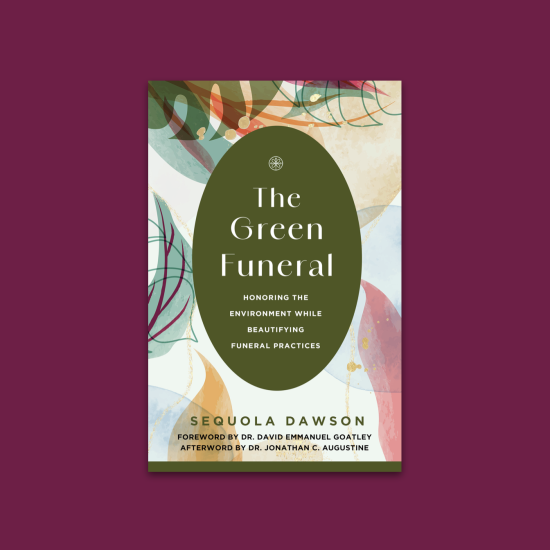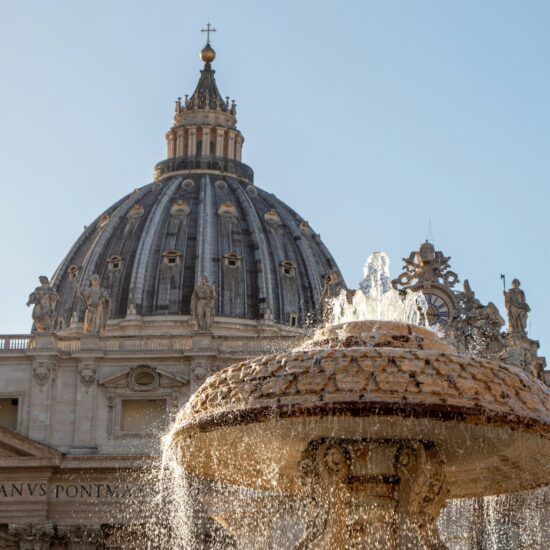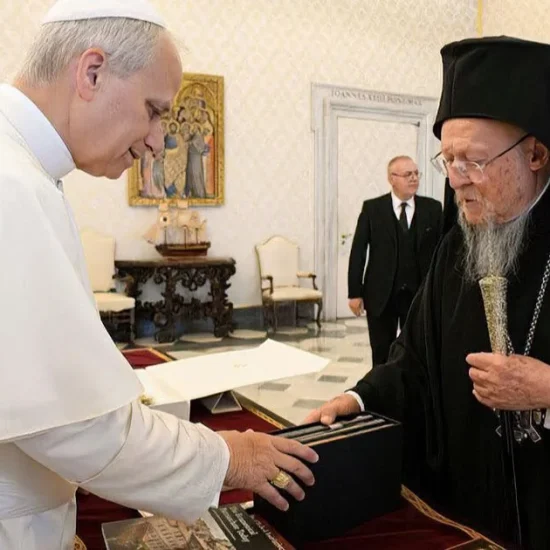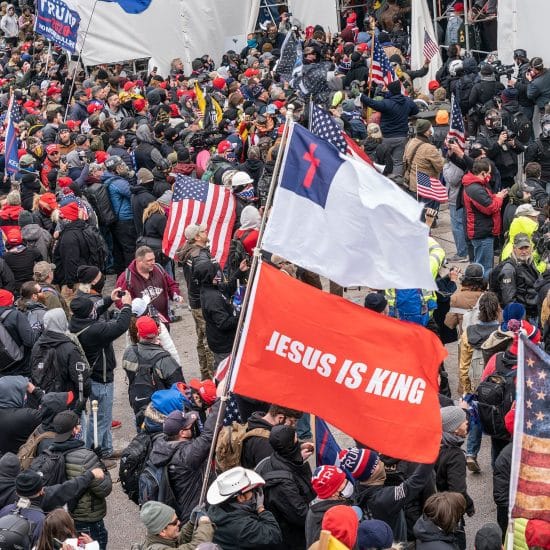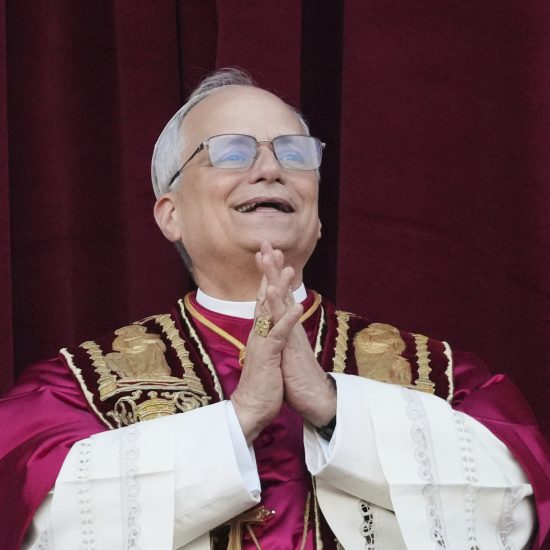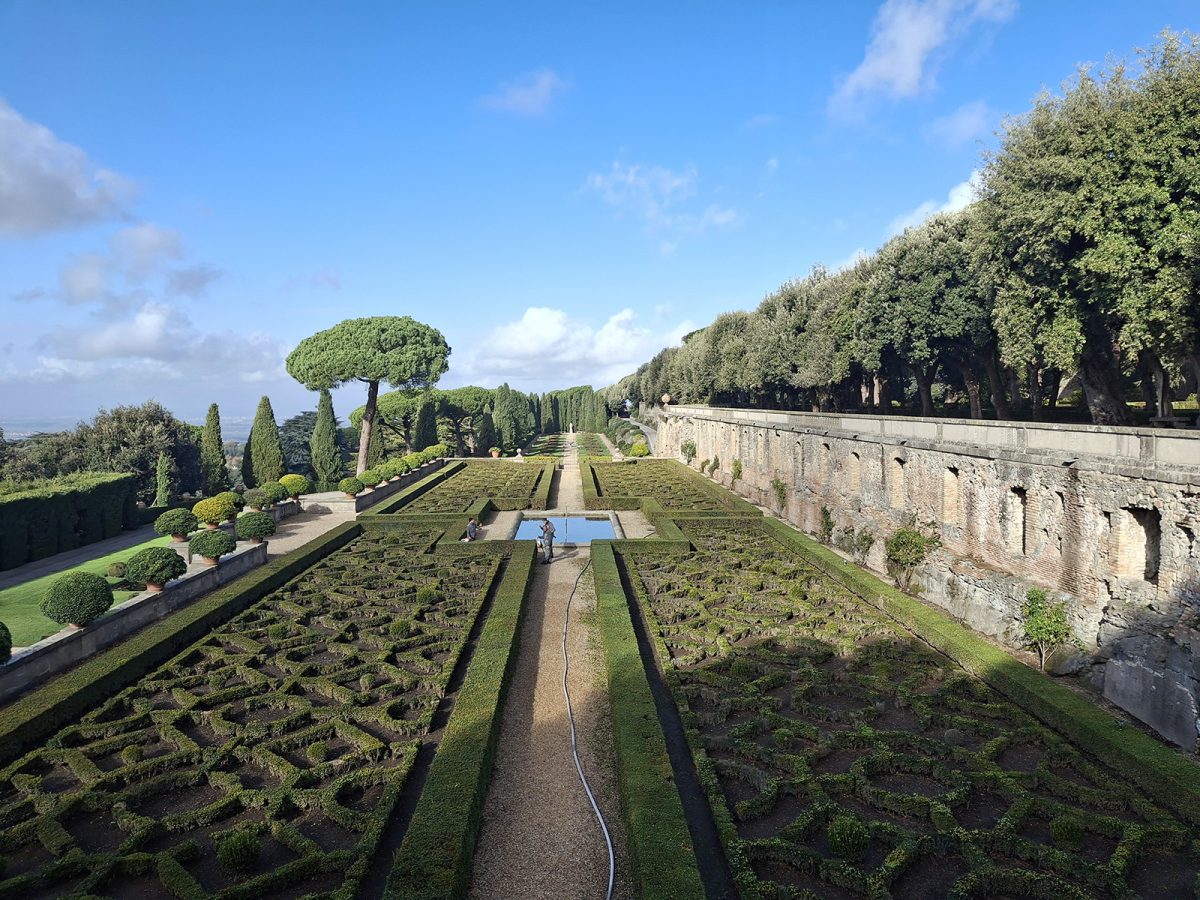
VATICAN CITY (RNS) — Pope Francis’ plan to build an eco-village in the historic gardens of Castel Gandolfo, the summer residence of the popes, will be complete for the 2025 Jubilee, allowing pilgrims and tourists to participate in an immersive experience of “ecological conversion,” organizers said.
In February 2023, after delays caused by the COVID-19 pandemic, Francis finally launched his “Borgo Laudato Sì” project, which combines sustainable agriculture with environmentally friendly teaching programs aimed especially at vulnerable and marginalized groups. The pope’s ambitious project, inspired by his 2015 encyclical “Laudato Sì,” emphasizes sustainability, a circular economy, and integral human ecology, which places the human being at the center and in connection with the environment.
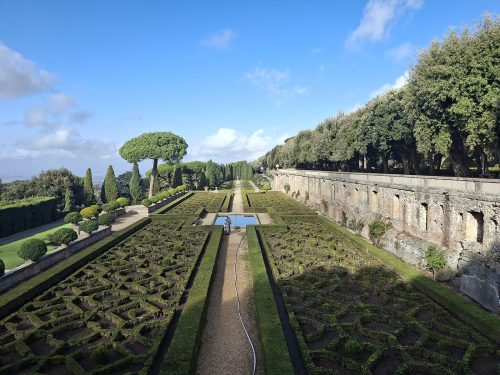
Views of the Borgo Laudato Sì project at the Pontifical Villas’ Gardens in Castel Gandolfo, Italy, Wed., Nov. 27, 2024. (RNS photo/Claire Giangravé)
The aim of the Borgo is to become self-sustainable through the use of solar panels and to achieve zero water waste. Pope Francis, who reinforced the care of creation in his 2023 apostolic exhortation “Laudato Deum,” describes water as a fundamental human right in his encyclical, and the Borgo will reflect this principle by using containers to collect rainwater and restructuring the plumbing of the garden’s many fountains to recycle water. Organizers are working to make all intra-garden transport electric. Plastic is banned within the garden.
The goal of the project “is to share with as many people as possible the beauty that there is in caring for creation,” explained Donatella Parisi, communication coordinator of Laudato Si Higher Education Center, speaking to a group of Vatican journalists who were among the first to preview the papal gardens on Wednesday (Nov. 27). The visit was organized by the Pontifical University of Santa Croce in Rome.
The lush gardens, about an hour’s drive south of Rome and extending across 140 acres on the slopes surrounding Lake Albano, were chosen by Roman Emperor Hadrian in 100 C.E. to build his monumental villa, and in the late 1500s, the popes adopted it as their summer residence to escape the bustle and heat of Rome.
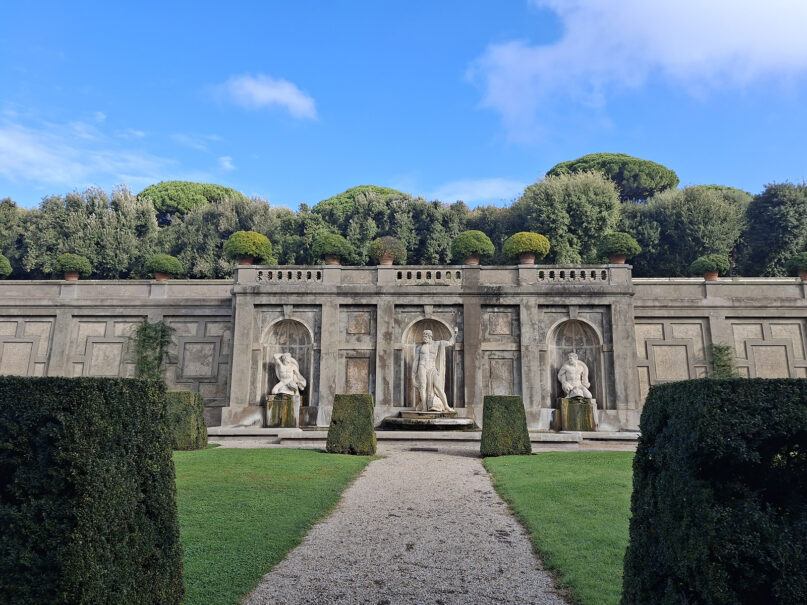
The Pontifical Villas’ Gardens in Castel Gandolfo, Italy, Wed., Nov. 27, 2024. (RNS photo/Claire Giangravé)
Pope Benedict XVI had a special appreciation for the summer estate and could often be seen walking through its manicured topiaries and shady groves. But Pope Francis made clear once he was elected that he had no intention of spending his time at the estate during the summer, or of taking any vacation time. He decided to restructure the estate, devoting over 60 acres of land to the Borgo project. The rest is UNESCO protected land, and the Vatican will limit itself to improving its sustainability and efficiency.
The Borgo will not impact Vatican finances, Parisi said, relying on partnerships with external companies and organizations to pay for the projects.
The Jubilee celebrations, which will last all of 2025, occur on the 10th anniversary of “Laudato Sì” and the 800th anniversary of the “Canticle of the Sun,” St. Francis of Assisi’s famed song honoring creation. The Borgo will inaugurate its farm and agriculture projects in February and will be among the suggested visits for the 30 million pilgrims expected to visit Rome for the Jubilee.
For decades, the popes oversaw a small farm in the garden that produced dairy products and a vineyard that made a modest “wine of the popes.” The Borgo plans to resume this activity, with an eye for sustainability. “It will adopt the most modern techniques to develop an agriculture system that will waste nothing,” Parisi explained, adding that they will not use pesticides.
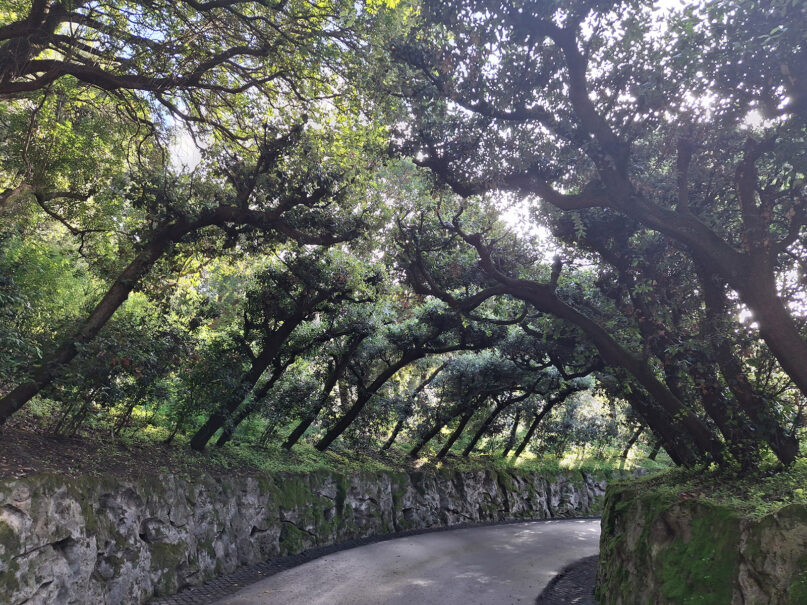
The Pontifical Villas’ Gardens in Castel Gandolfo, Italy, Wed., Nov. 27, 2024. (RNS photo/Claire Giangravé)
Olive oil will be made from the 1,000 olive trees of the Borgo, and the garden will produce its own honey and tea. The cow farm is set to become an interactive experience for visitors and will produce organic milk, cheese, and even ice cream. As visitors walk through the garden, they will encounter 30 signs, each with one word — such as “water,” “silence” or “tree”— followed by a spiritual and environmental reflection, highlighting both the botanical and spiritual significance of the over 3,000 plant species in the garden.
Trees will guide the visitors through the park, Parisi said. They will be greeted by Mathusalem, a 700-year-old oak. “Trees have a lot to teach us about human relations,” she said, pointing to how they communicate in a horizontal model and warn each other of threats.

Mathusalem, a 700-year-old Holm Oak, at the Pontifical Villas’ Gardens in Castel Gandolfo, Italy, Wed., Nov. 27, 2024. (RNS photo/Claire Giangravé)
To highlight the pope’s support for the project, he recently announced that he will make the general director of the Borgo the Rev. Fabio Baggio, a cardinal at the upcoming consistory on Dec. 7. “It was a kind of seal of approval of the assignments that I had been given recently,” Baggio said shortly after the announcement in a video published by the Borgo.
“We want to prove that it’s possible to be stewards of creation today,” he said. “Small changes can lead to big changes, which can address human challenges.”
A large greenhouse will feature symbolic and ancient plants. Nearby, the Borgo will host teaching projects for groups wanting to learn more about the pope’s ecological vision at the Laudato Sì Center for Higher Education. In collaboration with the charitable cooperative Paths to Citizenship, the Borgo will teach vulnerable groups — including migrants and refugees, former prisoners, disabled individuals, and victims of human trafficking — how to care for gardens and land in a sustainable way.
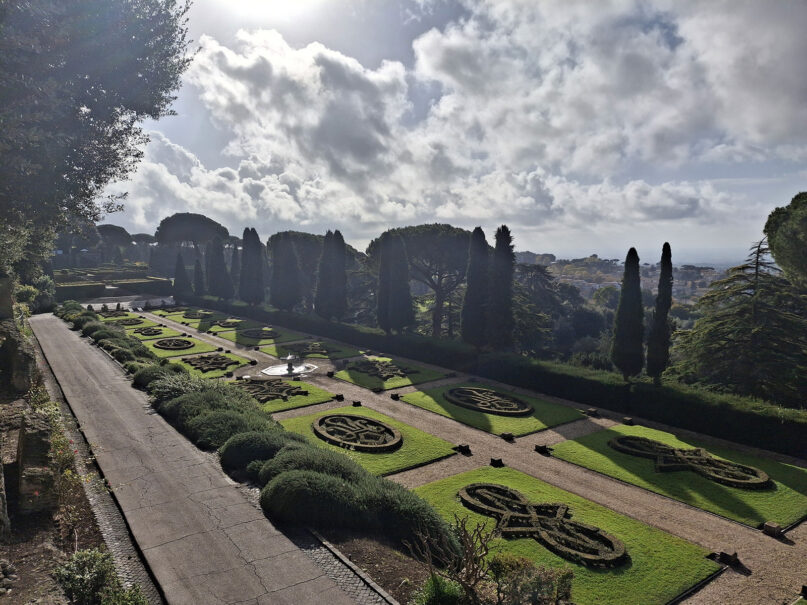
Views of the Borgo Laudato Sì project at the Pontifical Villas’ Gardens in Castel Gandolfo, Italy, Wed., Nov. 27, 2024. (RNS photo/Claire Giangravé)
Twenty people from these marginalized groups have already gone through the formation process, and 10 have found stable employment. The 20 experienced gardeners of the Borgo teach the classes. “It’s aimed at people who wish to prove that their vulnerability can be a strength for a community that wants to be welcoming and inclusive,” Parisi said.
Students and children will also be invited to participate in summer schools and projects to raise environmental awareness, and the Borgo will host cultural and artistic events. Businesses that want to be inspired by the principles of “Laudato Sì” will have the chance to participate as well, after passing a rigorous vetting process, Parisi explained.
Pope Francis selected the parish priest of the Archdiocese of Chicago, the Rev. Manuel Dorantes, to become the director of the Borgo’s Center for Higher Education starting Dec. 1. In a statement, Dorantes expressed “humility and gratitude” for the appointment, which will take him away from his urban ministry to serve the marginalized groups welcomed at the Borgo.
Francis’ decision to turn the papal gardens into a sustainable haven has also been met with criticism. Ten families currently live and work on the land and feared, according to recent reports on Italian media, that the pope’s activity would upend their way of living.
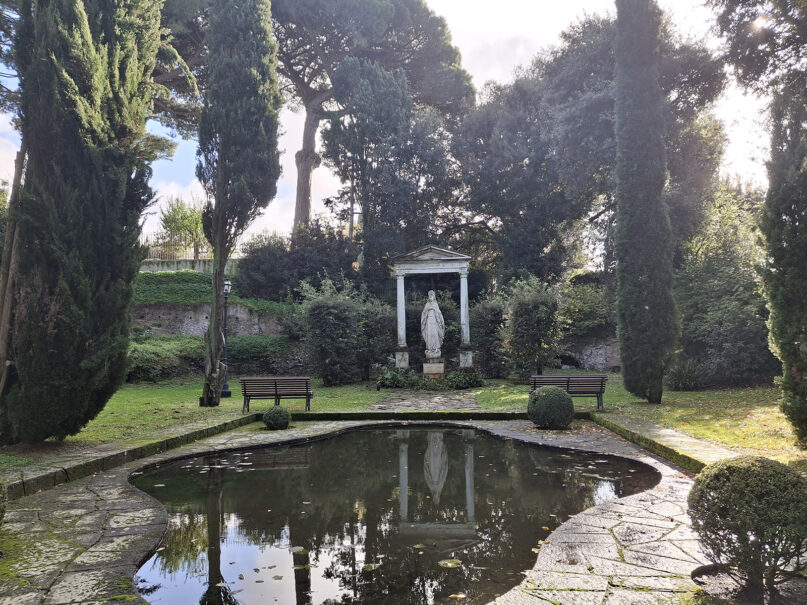
The Pontifical Villas’ Gardens in Castel Gandolfo, Italy, Wed., Nov. 27, 2024. (RNS photo/Claire Giangravé)
At least one of the families living and serving in the pope’s garden has decided to go elsewhere. Parisi said the Borgo hopes to begin a “positive dialogue” with everyone involved. “The Holy See will leave no one on the street,” she said, responding to reports suggesting the families would soon be evicted.
Francis’ changes to the way of life of Castel Gandolfo were not immediately welcomed. The mayor of the town at the time said citizens and shop owners were “in mourning.” But 11 years into this pontificate, the town continues to thrive, attracting visitors who wish to experience its beauty, art, and rustic cuisine all year round.
Organizers hope this newest project will attract faithful, especially young people, wishing to be inspired by Pope Francis’ vision for a sustainable, faith-filled, and human-centered environment.
This story has been updated.


